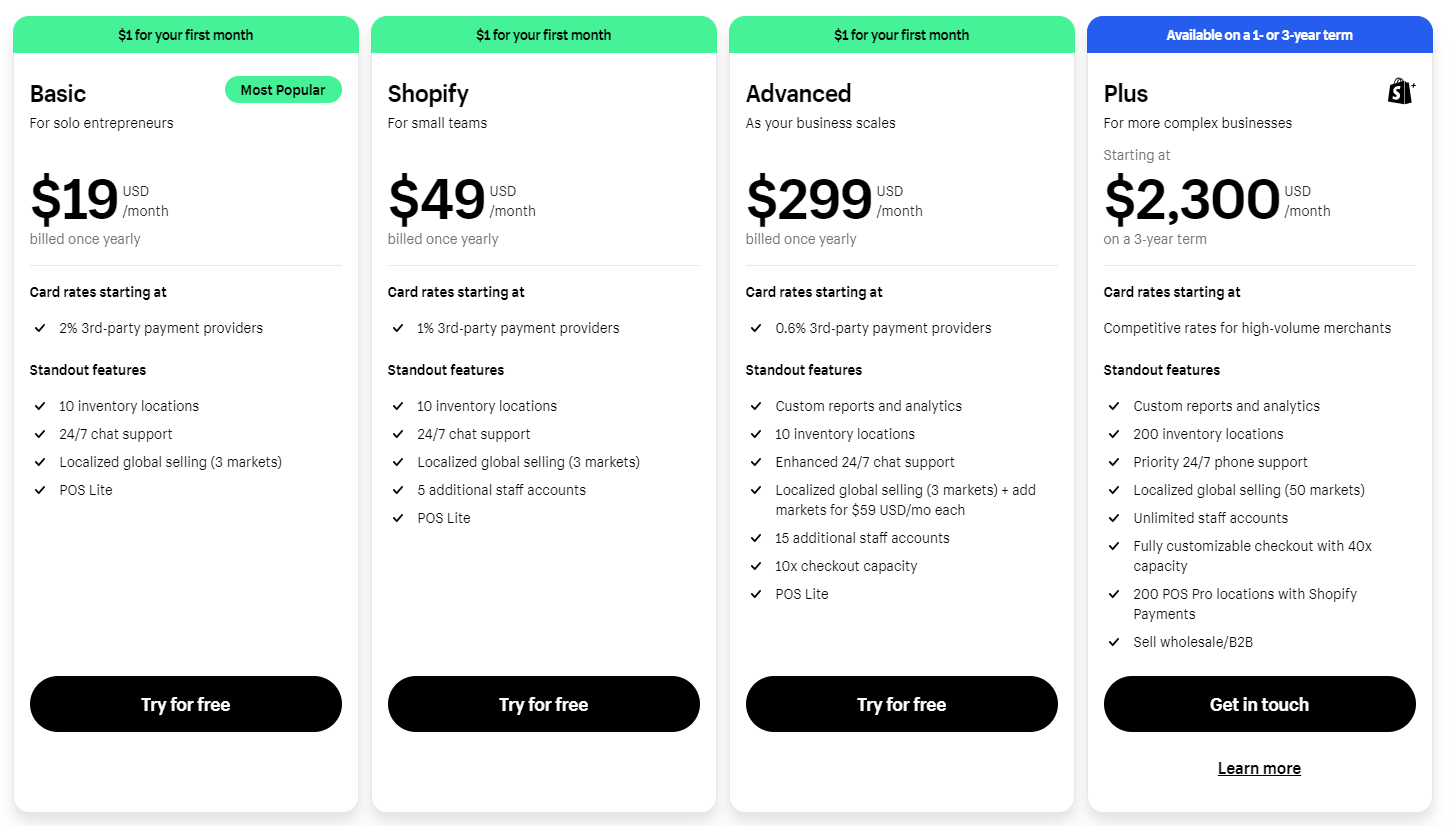
CFA vs CPA, what are they? What’s the difference? Is one better than the other? Do I need one?
We’re glad you asked and we’re here to shed some light. Let’s start with the basics.
What Is A CFA?
A CFA charter or the designation of Chartered Financial Analyst is a certification awarded by the CFA Institute in the US. This is given to individuals, nationally or internationally, who have completed the CFA Program and other professional experience-related requirements.
This CFA Program entails a three-part or three-level examination testing areas such as portfolio management, wealth planning, investment tool fundamentals, and more.
What is A CPA?
A CPA refers both to the title of Certified Public Accountant and to the license given to these practicing professional accountants. This certification is awarded after passing the CPA licensure examination and fulfilling additional education and experience requirements. The licensing requirements are usually set locally by state, region, or country.
While not all practicing accountants are required to be CPAs, those who have the designation have a wider array of career options.
CFA vs CPA: Top 10 Differences to Know

1. Focus and Specialization
CPAs can specialize in a number of areas after passing the examination. While most are known for their focus on tax preparation, tax filing, and financial and tax reporting, they also can specialize in areas like:
- Auditing and Assurance
- Financial Planning and Management
- Environmental Accounting
- Forensics
- Valuation
The CFA Institute was previously known as the AIMR or Association for Investment Management and Research. As such, those who earn a CFA designation expectedly have a better grasp of investment analysis, wealth planning, and portfolio management. You can say that a CFA charter is something of a specialization in and of itself.
The CFA exam also tests their knowledge of corporate finance, fixed income, valuation, derivatives, application of investment tools, and more.
2. Career Paths
The job paths for CPAs can branch out quite a bit. After all, you can consider CPA certification as an upgrade to an already widely applicable accounting degree. Private accounting or corporate accounting, for instance, doesn’t even require a CPA designation.
CPAs, however, can work both in corporate accounting or public accounting, as in accounting firms. They can also choose to specialize in accounting work for government or nonprofit organizations.
CPAs can become auditors, bookkeepers, tax specialists, forensic accountants, IT-related accountants, financial consultants, and financial managers.
They can also hold high executive positions like controllers and Chief Financial Officers (CFOs).
When comparing a CFA vs CPA in terms of career, CFAs have a higher ceiling and better qualifications to get executive positions in areas of investment management, risk management, and asset management in particular. However, because it is such a feat to achieve, a CFA designation will be valuable in almost any role in the finance industry.
The typical career options for CFAs include:
- Portfolio Management
- Risk analysis and risk management
- Chief Investment Officer
- Research
- Consulting
- Analyst
- Financial Planning
Basically, if we’re comparing CPA vs CFA difficulty in terms of finding employment. A candidate with a CFA charter may be considered over someone without one, especially for senior positions. However, a person with a CPA is by no means pressed for options.
3. Scope of Work

In our article about full charge bookkeeping, we mentioned that accountants are able to perform bookkeeping plus additional tax duties, auditing duties, and more.
CPAs can perform the accounting duties of auditing. They can prepare audited financial statements and file and report public or private business taxes to the proper authorities.
The scope of their duties also depends on their specializations.
A CFAs scope of work includes a variety of tasks related to investment. This includes managing assets and funds, risk management, creating and maintaining an investment portfolio, creating systems and processes relating to the above, and regulating these.
4. Salaries
When it comes to CFA vs CPA salary, according to Gleim, the salary or annual earnings for a CPA in the US can range from around $50,000 to over $100,000.
This is dependent on location, specialization, position, level of experience, level of skill, and scope of the work performed.
In the investment sector, there are a few factors to consider when calculating or estimating a CFA vs CPA salary. For instance, the region you are operating in, the reputation of the individual within their area of specialization, or the specific industry sector you work in can all contribute.
That being said it is estimated that individuals in the investment industry can earn upwards of $126,000 USD annually.
In other areas of finance, simply possessing a CFA can increase wages by up to 20% in senior-level positions.
5. Educational Background
The education requirements for a CFA vs CPA are relatively similar.
A CPA must have a four-year bachelor’s degree or an equivalent. This degree does not have to be specifically in finance, business, or accounting. However, you do need 150 credits or 150 hours in accounting and business subjects. They also need to complete a certain number of continuing education hours yearly to maintain the designation.
One of the CFA educational criteria is also a four-year bachelor’s degree program, 4 years of relevant work experience, or a combination of the two totaling 4 years.
Candidates in their final year of a bachelor’s degree program can also qualify. However, before taking the Level 2 examination, undergraduate applicants must complete their degrees.
Additionally, there is an English assessment that needs to be passed.
Both CPAs and CFAs also need to pass their respective exams before receiving accreditation.
If you’re wondering “When taking the exam for CFA vs CPA which is harder?”
Well, CPAs are recommended to study about 300 hours in total to pass the four-sectioned exam. The CFA exam has three levels and the recommended study hours are triple the amount.
While the CPA examinations tend to have around a 50% passing rate, the CFA passing rate can be 10% lower.
6. Experience Requirements

CPA vs CFA experience requirements differ in terms of the number of hours/years of work experience and the type of experience.
For CPAs, you need one to two years of relevant work experience in the public, private, or government sectors.
For CFAs, you need also apply if you have four years of work experience in investment decision-making.
7. Licensing and Regulatory Bodies
The CPA exam was developed by the American Institute of CPAs (AICPA).
Licensing is done by state or region and regulation falls under the jurisdiction of the Boards of Accountancy in the US or equivalent organizations in international countries.
The CFA Institute itself issues CFA certification. They are also the ones that measure the competence of CFAs, ensure that they adhere to certain standards, and deal accordingly with misconduct.
8. Global Recognition
Both US CPA certifications and CFA charters are recognized worldwide. Some countries have an equivalent certification called CA or Chartered Accountant.
CPAs in some countries may have to follow different guidelines for international recognition vs national recognition.
That being said, CPA vs CFA in terms of global recognition is pretty much equal.
9. Ethical Standards

On top of following the Generally Accepted Accounting Principles (GAAP), there are more codes of ethics CPAs and CFAs must follow.
The American Institute of Certified Public Accountants (AICPA) requires CPAs to hold to their Code of Professional Conduct. Failure to do so may result in the loss of license or membership from the AICPA.
CFAs are also required to hold to the CFA Institute’s Code of Ethics and Standards of Professional Conduct. These individuals are checked annually and failure to do so may mean suspension of charter rights or complete revocation.
10. Professional Networking
CPAs often work with bookkeepers, other financial clergy, and, as needed, other CPAs who specialize in particular areas. They can also work under CFOs.
CFAs usually take senior positions and have a team of accounting and bookkeeping professionals working alongside them.
Frequently Asked Questions
Would I need both a CFA and CPA in my business?
A CPA and CFA both perform a higher level of accounting, but they are not always necessary in tandem. If you need help with investment analysis or other areas listed above, then, by all means, find yourself a CFA charterholder. Otherwise, it may not be necessary.
Can someone hold both the CFA and CPA designations?
Yes, but as mentioned earlier, when comparing CFA vs CPA difficulty, both exams are not the easiest to take. They require hours of hard review and funding.
Is having a CPA or a CFA required for business owners?
Nope, unless you, as a business owner, want to do your own accounting at a higher level.
What Is EcomBalance?

EcomBalance is a monthly bookkeeping service specialized for eCommerce companies selling on Amazon, Shopify, Ebay, Etsy, WooCommerce, & other eCommerce channels.
We take monthly bookkeeping off your plate and deliver you your financial statements by the 15th or 20th of each month.
You’ll have your Profit and Loss Statement, Balance Sheet, and Cash Flow Statement ready for analysis each month so you and your business partners can make better business decisions.
Interested in learning more? Schedule a call with our CEO, Nathan Hirsch.
And here’s some free resources:
- Monthly Finance Meeting Agenda
- 9 Steps to Master Your Ecommerce Bookkeeping Checklist
- The Ultimate Guide on Finding an Ecommerce Virtual Bookkeeping Service
- What Is a Profit and Loss Statement?
- How to Read & Interpret a Cash Flow Statement
- How to Read a Balance Sheet & Truly Understand It
Conclusion
So when comparing CFA vs CPA, what are the main things to know?
- They’re both accounting credentials that require passing an exam, attaining a certain level of education, and years of work experience.
- They both elevate the accounting standard.
- CFA charters are given by a specific organization while a CPA is awarded by state or region.
- CPAs can specialize in areas of finance such as taxation and auditing while CFAs specialize more in jobs related to the investment industry.
- Both are globally recognized credentials.
- Both are held to a code of ethics
- They can work together in a business but aren’t always necessary.








